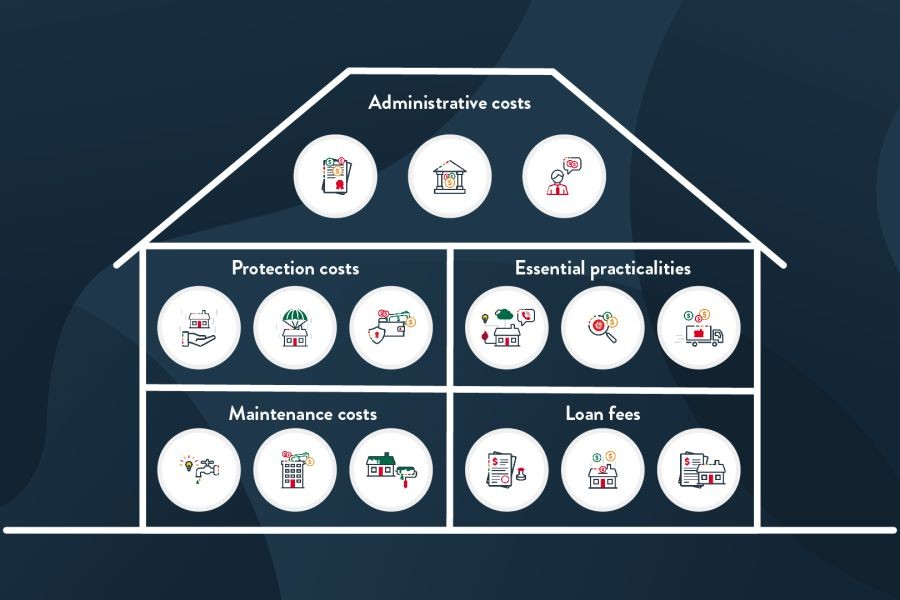New Zealand's agricultural sector has long been the backbone of its economy, contributing significantly to national GDP and providing employment for many Kiwis. Known for its lush landscapes and favorable climate, New Zealand is renowned for producing high-quality agricultural goods. However, as global markets evolve, so too do the challenges and opportunities facing New Zealand's agricultural exports. This article delves into the intricacies of the sector, offering financial advisors a comprehensive analysis of current trends, potential risks, and strategic opportunities.
New Zealand’s Agricultural Exports: A Sector in Transition
What makes New Zealand’s agricultural exports unique is their global reputation for quality and sustainability. From dairy to meat and wine, these products are acclaimed worldwide. According to Stats NZ, the agricultural sector contributes approximately 7% to New Zealand’s GDP, with exports valued at over NZD 40 billion annually. Despite this, the sector is not without its challenges, including increasing competition, climate change, and evolving consumer preferences.
The Dairy Dominance
Dairy products are the crown jewel of New Zealand's agricultural exports. The country is the world's largest exporter of dairy, with Fonterra, New Zealand's dairy cooperative, playing a significant role. According to the Ministry of Business, Innovation, and Employment (MBIE), dairy exports accounted for 30% of New Zealand's total export revenue in 2022. However, the sector faces hurdles such as fluctuating global milk prices and environmental concerns related to farming practices.
Case Study: Fonterra’s Sustainable Approach
Fonterra has been at the forefront of addressing these challenges. The cooperative has committed to reducing its environmental footprint by investing in sustainable farming practices and innovative technologies. For instance, Fonterra's initiative to reduce methane emissions from cows by 30% by 2030 is a step towards sustainable dairy farming. This approach not only addresses environmental concerns but also enhances New Zealand's reputation as a producer of sustainable products.
Emerging Trends and Opportunities
Organic and Niche Markets
One significant trend is the growing demand for organic and specialty products. New Zealand's clean, green image positions it well to tap into these markets. According to a report by NZX, the organic food market is expected to grow by 10% annually, with increasing consumer preference for health-conscious and sustainable products. Financial advisors should consider guiding clients towards investments in organic farming ventures and niche market products like manuka honey and premium wines.
Technology-Driven Farming
The integration of technology in agriculture is another transformative trend. Precision agriculture, which involves the use of data and technology to optimize farming practices, is gaining traction. For example, drones and IoT devices are being used to monitor crop health and optimize water usage. By investing in agritech startups, financial advisors can position their clients to benefit from increased efficiency and productivity in farming.
Case Study: Zespri’s Technological Innovation
Zespri, a leading kiwifruit exporter, has successfully leveraged technology to enhance productivity. By employing advanced data analytics and machine learning, Zespri has improved yield predictions and optimized supply chain management. This has resulted in a 20% increase in export volumes, showcasing the potential of technology in boosting agricultural outputs.
Pros and Cons of the Current Agricultural Export Landscape
Pros:
- Global Demand: New Zealand's agricultural products are in high demand globally, particularly in Asian markets.
- Quality and Reputation: The country’s commitment to quality and sustainability enhances its competitive edge.
- Innovation Potential: Opportunities exist in organic farming and agritech, promising substantial returns.
Cons:
- Environmental Challenges: Climate change impacts and sustainability concerns pose risks.
- Market Volatility: Dependence on global markets makes the sector susceptible to international price fluctuations.
- Regulatory Hurdles: Navigating stringent international trade regulations can be complex and costly.
Contrasting Viewpoints: Traditional vs. Modern Approaches
The debate between traditional farming methods and modern, technology-driven approaches is prevalent. Advocates for traditional methods argue for their sustainability and lower ecological impact, while proponents of modern techniques highlight increased efficiency and productivity. A middle ground approach, combining the strengths of both methods, is likely the most viable pathway for future growth.
Common Myths and Mistakes in Agricultural Exports
Myth vs. Reality
- Myth: "New Zealand's agricultural exports are unaffected by climate change."
- Reality: Climate change poses significant risks, including unpredictable weather patterns affecting crop yields.
- Myth: "Sustainability is too costly for small farmers."
- Reality: While initial costs can be high, sustainable practices lead to long-term savings and resilience.
Biggest Mistakes to Avoid
- Avoid focusing solely on traditional markets; diversification is key to mitigating risks.
- Neglecting technological advancements can lead to reduced competitiveness.
- Ignoring sustainability can damage brand reputation and lead to lost opportunities in premium markets.
The Future of New Zealand’s Agricultural Exports
Looking ahead, New Zealand's agricultural export sector is poised for transformation. A report by Deloitte forecasts a 15% growth in the agritech sector by 2028, driven by technological innovation and sustainable practices. Moreover, the global shift towards plant-based diets presents both challenges and opportunities for the meat and dairy sectors.
Final Takeaways and Call to Action
New Zealand's agricultural exports are at a crossroads, with both challenges and opportunities on the horizon. For financial advisors, understanding these dynamics is crucial in guiding clients towards sustainable and profitable investments. By leveraging technology, embracing sustainability, and diversifying markets, New Zealand can continue to thrive as a leader in agricultural exports. What's your strategy to navigate this evolving landscape? Share your insights below!
People Also Ask (FAQ)
- How does climate change affect New Zealand's agricultural exports? Climate change impacts crop yields and livestock productivity, posing risks to export volumes and quality.
- What are the biggest misconceptions about New Zealand's agricultural exports? A common myth is that all exports are environmentally sustainable; however, sustainability varies across sectors.
Related Search Queries
- New Zealand agricultural export trends
- Fonterra sustainability initiatives
- Zespri kiwifruit export strategy
- Impact of technology on NZ farming
- Organic farming opportunities in New Zealand





























